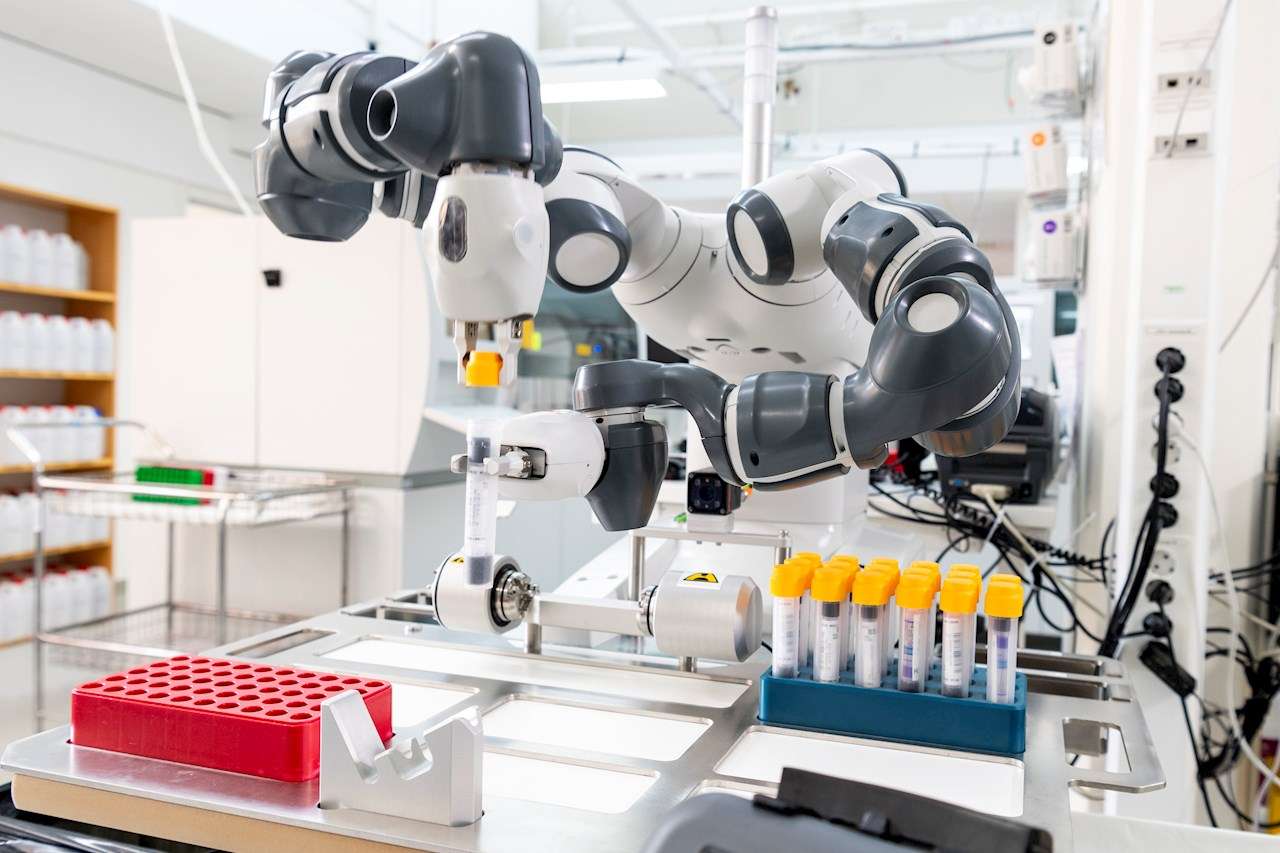Lab Automation Market to Grow at a CAGR of 6.4% by 2030

The lab automation market is progressing at a rapid pace; the increasing efficiency, accuracy, and throughput in laboratory processes will drive this high demand. Automation technologies are being acceptable to laboratories as they aim to improve their productivity and limit human mistakes. The global market was valued at around US$ 5,166.31 Million in the year 2022 and is expected to reach US$ 8,483.27 Million by 2030, at a CAGR of 6.4% during the forecast period.
Key Market Drivers
Demand for HTS Is Increasing As the pharmaceutical and biotechnology industries look to speed up drug discovery and development, there is increasing demand for HTS techniques. Lab automation solutions help make fast testing possible, allowing researchers to analyze high volumes of samples quickly.
Advancements in Technology: The integration of advanced technologies including robotics, artificial intelligence, and machine learning into laboratory workflows is changing the face of the operation of laboratories. Precision, reproducibility, and data management are enhanced through such advancements.
Laboratory Efficiency and Cost Cutting: Automation reduces intervention from laborers and minimizes the likelihood of human errors. Such efficiency is important for laboratories that work under tight budgets and increasing workloads.
Increased Interest in Personalized Medicine: The paradigm of personalized medicine requires more complex analyses using smaller sample sizes. Lab automation technologies enable efficient manipulation and analysis of samples with accuracy, which spurs the paradigm shift toward personalized patient care.
Market segmentation
Based on Product
• Equipment and Software
Application-based segmentation
• Clinical Diagnostics
• Drug Discovery
• Proteomics Solutions
• Genomics Solutions
• Others
End-user-based segmentation
• Pharmaceutical Companies
• Hospitals and Diagnostic Centers
• Educational and Research Institutions
• Contract Research Organizations
Challenges and Opportunities
The lab automation market is hampered by high initial investment costs and a requirement for skilled personnel to operate complex automation systems. Furthermore, the burgeoning issues in data security and system integration are creating some hindrance to its widespread adoption.
However, these challenges present avenues for innovation. Companies that focus on developing affordable automation solutions and providing comprehensive training and support to laboratory personnel will likely be successful. Growing the trend of cloud-based lab management systems can also make data more accessible and collaboration among researchers stronger.
Conclusion
This ensures massive growth in lab automation as laboratories seek to enhance efficiency and precision in operations. Organizations aligned more towards technological innovation and able to overcome integration and cost-related issues will easily succeed in this emerging market.
FAQs
- What is lab automation?
Lab automation is the use of technology, such as robotics and software, to automate processes in the laboratory, thereby achieving greater efficiency as well as elimination of human errors.
- How large is the lab automation market?
The global lab automation market stood at around US$ 5,166.31 Million in 2022 and it is estimated to reach US$ 8,483.27 Million by 2030.
- What are the various types of lab automation products?
The major types of products are automated workstations, robotic systems, software, and consumables for laboratory processes.
- What are the application areas driving the lab automation market?
Its major applications are in pharmaceuticals, biotechnology, clinical diagnostics, and academic research.
- What are the challenges in the lab automation market?
The challenges of this market are high initial investment costs, skilled labor, security issues related to data along integration issues related to the system.
Author’s Bio:
Chaitali Deshpande
Senior Market Research expert at The Insight Partners